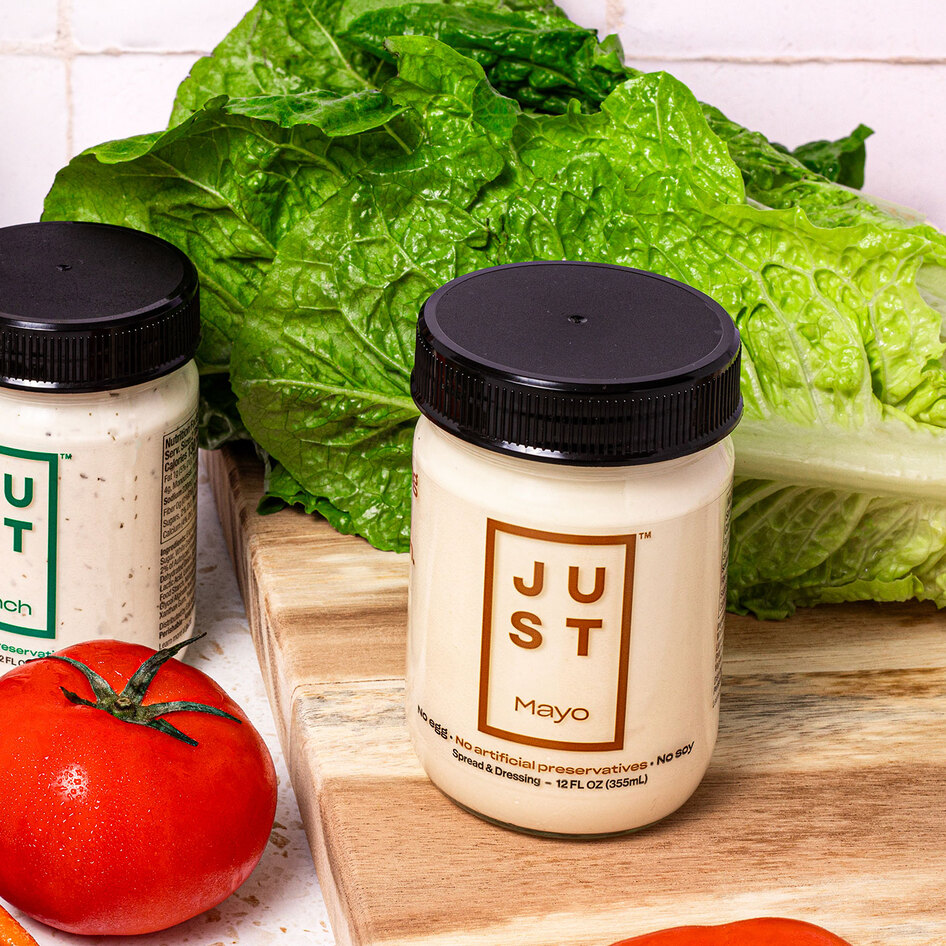More Than Half of Canadians Eat Meat Alternatives
New research from Mintel reveals that while a small percentage of Canadians identify as vegan or vegetarian, a majority of the population consumes meat alternatives.
April 11, 2018
A new report compiled by market research firm Mintel found that 53 percent of Canadians consume meat alternatives. Analysts found that 18 percent of Canadians consume animal-free meats several times per week, 21 percent believe that these alternatives are healthier than meat, and 16 percent believe plant-based alternatives are comparable in taste to their animal-derived counterparts. Joel Gregoire, Associate Director, Canada Food and Drink Reports at Mintel, said the data shows that the meat-alternatives industry poses opportunities and reveals marketing strategies for enterprising brands looking to enter the sector. “Meat alternatives’ growing popularity is giving rise to innovation, and while new product development is currently low in Canada, the increase in global launch activity suggests there is opportunity to expand the category in the region given the fact that roughly half of Canadians claim to eat meat-alternative products,” Gregoire said. In the meat-alternatives category, while Canadians prefer to consume burgers and plant-based poultry, other products—such as deli slices, hot dogs, and bacon—are gaining traction. “There appears to be significant room to improve consumer perception of meat alternatives relative to meat,” Gregoire said. “For those who don’t eat meat alternatives, blurring the line between meat and meat alternatives is crucial to winning over new converts. While few Canadians follow vegetarian or vegan diets, many do consume meatless products, suggesting that the true opportunity extends beyond those consumers who avoid meat, to those who love meat but may be looking for some healthy options.” Research published last month by Dalhousie University in Halifax found that 40 percent of Canadians who do not consume meat are under the age of 35—a trend consistent with global dietary habits that are shifting toward plant-based foods thanks in large part to millennial consumers.
JUMP TO ... Latest News | Recipes | Guides | Health | Subscribe







